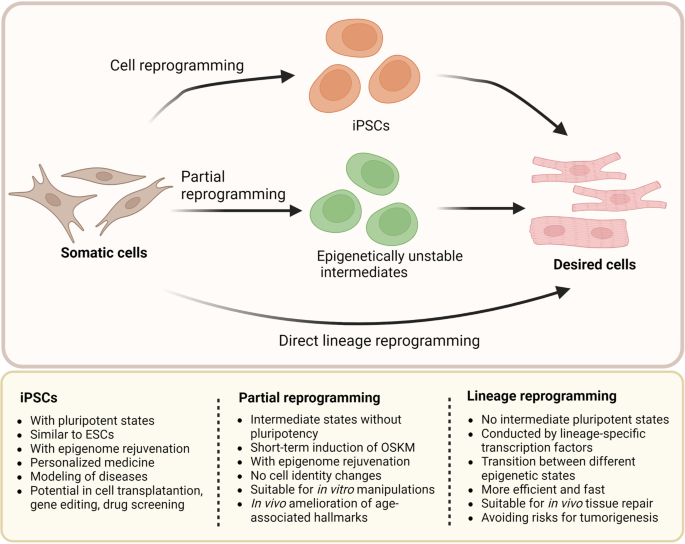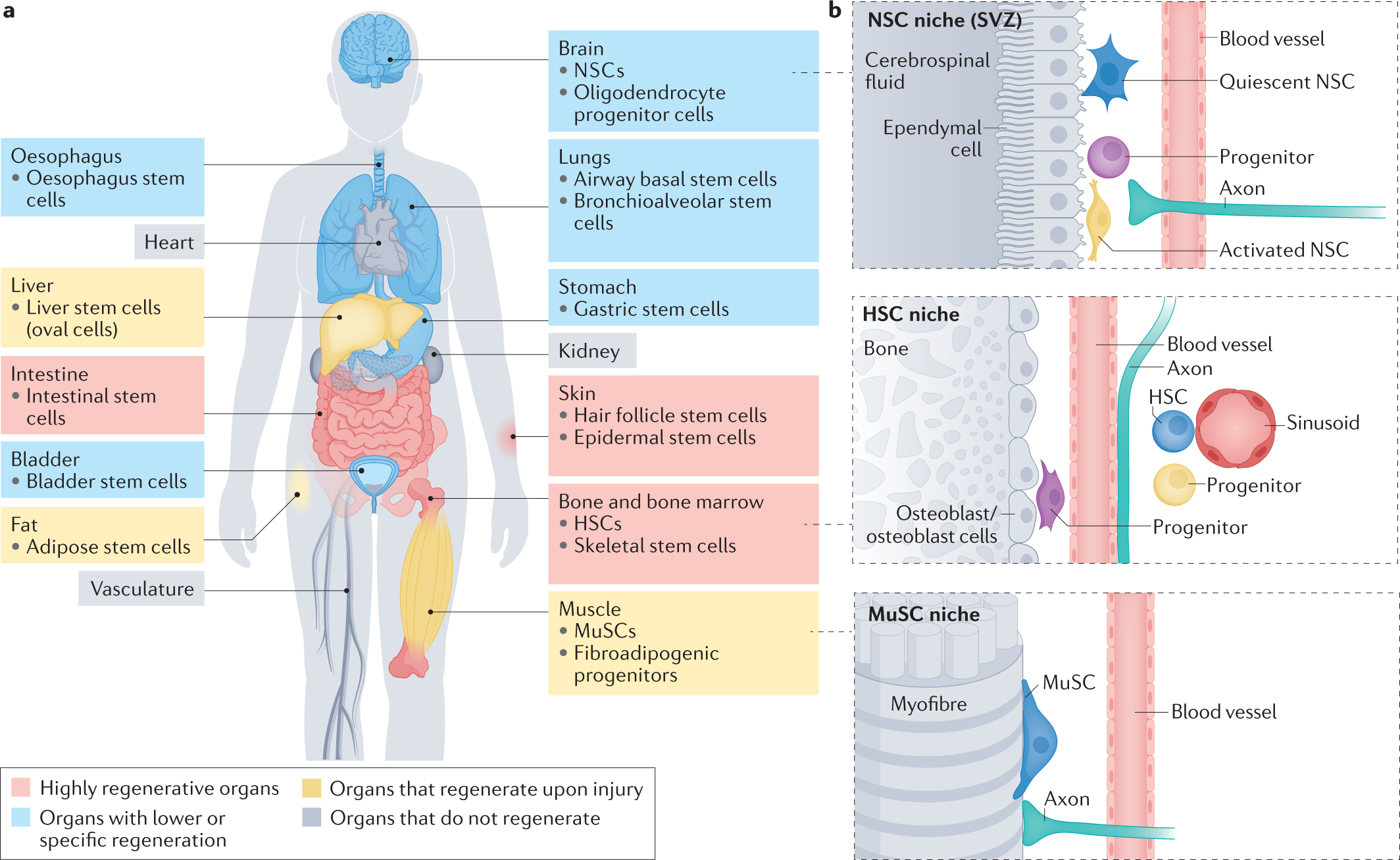In recent years, intermittent fasting (IF) has emerged as a powerful tool not just for weight management but for improving overall health and longevity. Beyond its role in shedding pounds, IF has been shown to trigger cellular rejuvenation—a process crucial for repairing damaged cells, improving metabolic health, and even extending lifespan. Groundbreaking studies, such as the one published in The New England Journal of Medicine (PMC31843647), have unveiled the intricate mechanisms through which fasting influences cellular function. Let’s dive into the science behind intermittent fasting and its remarkable ability to rejuvenate our cells.
Fasting is not just a physical discipline; it can be a spiritual feast.
Jentezen Franklin, pastor and author
What Is Intermittent Fasting?
Intermittent fasting is a dietary strategy that alternates between periods of eating and fasting. Unlike conventional diets that focus on what you eat, IF primarily emphasizes when you eat. Popular methods include:

- Time-Restricted Eating (TRE): Eating within a designated window (e.g., 8 hours) and fasting for the remaining 16 hours.
- Alternate-Day Fasting: Alternating between normal eating days and consuming minimal calories on fasting days.
- 5:2 Diet: Eating normally for five days and restricting calorie intake to around 500–600 calories on two non-consecutive days each week.
The simplicity and flexibility of these methods have made IF a popular choice for people seeking sustainable lifestyle changes.
Cellular Rejuvenation: The Science
At its core, cellular rejuvenation refers to the body’s ability to repair, recycle, and replace damaged or dysfunctional cells. One of the key mechanisms activated during fasting is autophagy, a process where cells remove damaged components and recycle them for energy or repair. Autophagy acts like a cellular clean-up system, ensuring that cells function optimally.

According to the study (PMC31843647), fasting triggers a range of metabolic adaptations that promote cellular health:
- Reduction in Insulin Levels: Fasting lowers insulin and blood sugar levels, which shifts the body’s energy source from glucose to stored fats. This shift promotes ketogenesis, producing ketones that provide clean, efficient energy for cells.
- Activation of Autophagy: As nutrient levels drop during fasting, the body prioritizes survival by breaking down damaged proteins and organelles. This prevents cellular dysfunction and reduces the risk of diseases like cancer and neurodegenerative disorders.
- Improved Mitochondrial Health: Mitochondria, the powerhouses of our cells, undergo rejuvenation during fasting, enhancing energy production and reducing oxidative stress.
Key Benefits of Fasting-Induced Cellular Rejuvenation
- Delayed Aging and Increased Longevity
Research indicates that fasting can delay the aging process by reducing oxidative stress and inflammation. By enhancing autophagy, fasting helps maintain cellular integrity, slowing the progression of age-related diseases.
Intermittent fasting is not a diet, but a pattern of eating. It is about when you eat, not what you eat, and it creates a profound impact on cellular health.
Dr. Jason Fung, nephrologist and author of The Obesity Code
Animal studies have shown that calorie restriction and intermittent fasting extend lifespan in species ranging from worms to mice. While human trials are ongoing, early evidence suggests that fasting could have similar effects on human longevity.
- Improved Brain Health
Cellular rejuvenation plays a critical role in protecting brain cells. Fasting stimulates the production of brain-derived neurotrophic factor (BDNF), a protein that supports neuron growth and protects against cognitive decline. Enhanced autophagy also helps clear damaged proteins that can accumulate in the brain, reducing the risk of Alzheimer’s and Parkinson’s diseases. - Boosted Immune Function
Fasting triggers the removal of old, damaged immune cells and stimulates the production of new ones. This renewal process strengthens the immune system, making it more resilient to infections and diseases. - Enhanced Metabolic Health
By reducing insulin resistance and promoting fat utilization, intermittent fasting supports better metabolic health. This can prevent or manage conditions like Type 2 diabetes, obesity, and cardiovascular diseases.
Evidence from Research
The findings published in The New England Journal of Medicine (PMC31843647) highlight several compelling aspects of fasting and cellular rejuvenation:

- Metabolic Shift: After 12–36 hours of fasting, the body enters a metabolic state called ketosis, where it burns fat for energy. This state not only facilitates weight loss but also promotes cellular repair and renewal.
- Stress Resistance: Fasting enhances the body’s resistance to oxidative and metabolic stress, improving resilience at the cellular level.
- Gene Expression: Fasting influences the expression of genes related to longevity and cellular repair, including those involved in autophagy and mitochondrial function.
These findings reinforce the idea that intermittent fasting is not just a diet but a powerful tool for optimizing cellular health.
Practical Tips for Incorporating IF
If you’re intrigued by the idea of intermittent fasting, here are some practical steps to get started:
- Start Slowly: If you’re new to fasting, begin with a 12-hour fasting window and gradually increase it to 16 hours or more.
- Stay Hydrated: Drink plenty of water during fasting periods to stay hydrated and curb hunger.
- Focus on Nutrient-Dense Foods: During eating windows, prioritize whole, unprocessed foods to provide your body with essential nutrients.
- Listen to Your Body: Pay attention to how your body responds and adjust your fasting routine accordingly.
Potential Challenges and How to Overcome Them
While intermittent fasting offers numerous benefits, it may not be suitable for everyone. Some common challenges include:
- Hunger and Fatigue: These symptoms are common initially but typically subside as the body adapts to fasting. Gradually extending your fasting window can help ease the transition.
- Social Constraints: Fasting can sometimes conflict with social events. Flexible approaches, like the 5:2 diet, can help you maintain balance.
- Health Conditions: People with medical conditions, pregnant or breastfeeding women, and individuals with a history of eating disorders should consult a healthcare professional before starting IF.
Breaking Down the Barrier
Intermittent fasting is a scientifically backed approach that extends far beyond weight management. By activating cellular rejuvenation processes like autophagy, fasting offers a myriad of health benefits, from improved metabolic function to enhanced brain health and longevity.
The research is clear: intermittent fasting has the potential to transform not just how we eat but how we age. By embracing this ancient practice, we can unlock the body’s natural ability to repair and renew itself, paving the way for a healthier, more vibrant life.
Are you ready to harness the power of fasting and cellular rejuvenation? The journey to a healthier you begins with a simple decision—when you eat.
Recent Insights into The Science of Intermittent Fasting and Cellular Rejuvenation
“Fasting and Autophagy Activation”
A 2024 study highlighted intermittent fasting’s powerful role in activating autophagy, the body’s natural cellular recycling process. By breaking down and eliminating damaged cells, autophagy supports the regeneration of healthier cells, enhancing overall cellular function and potentially delaying the aging process. The researchers emphasized the benefits of periodic fasting windows, such as 16:8 or 5:2 patterns, for improving cellular health and extending healthspan.
Read the full study here.
“Intermittent Fasting and Stem Cell Regeneration”
In a groundbreaking 2023 analysis, scientists found that fasting stimulates stem cell activity, particularly in the gut and brain. During fasting periods, the body conserves energy by prioritizing cellular repair and regeneration. This finding suggests that fasting may play a role in restoring organ function and slowing tissue degeneration, especially in aging populations. The study recommends fasting as a therapeutic strategy for boosting regenerative health.
Discover the detailed findings here.
“Fasting and Hormesis: The Cellular Stress Response”
Research published in 2024 explored how intermittent fasting induces a mild cellular stress response known as hormesis. This process triggers the release of protective proteins, including heat shock proteins (HSPs) and antioxidant enzymes, which shield cells from damage and improve their resilience. The study concluded that controlled fasting helps build cellular stress resistance, a crucial factor in promoting longevity.
Learn more about the research here.
“Intermittent Fasting and Mitochondrial Biogenesis”
A 2023 report revealed that fasting enhances mitochondrial biogenesis—the creation of new mitochondria—improving energy production and cellular efficiency. These effects are particularly significant in combating age-related declines in energy metabolism. The study highlights intermittent fasting as a non-invasive method for optimizing mitochondrial function and slowing biological aging.
Explore the study here.
“Inflammation Reduction Through Fasting”
A 2024 analysis found that intermittent fasting reduces systemic inflammation by lowering levels of pro-inflammatory markers like C-reactive protein (CRP). Chronic inflammation is a major driver of aging and related diseases, including arthritis, cardiovascular conditions, and neurodegenerative disorders. Regular fasting cycles were shown to improve immune regulation, promoting long-term health and vitality.
Read the full analysis here.
“Fasting and Economic Accessibility in Longevity Practices”
A recent 2024 study compared the cost-effectiveness of intermittent fasting to other longevity interventions like supplements and advanced therapies. The research found that fasting is an economically viable, low-cost strategy to improve cellular health, making it accessible to individuals across socioeconomic backgrounds. Public health initiatives are encouraged to promote fasting as a universally affordable health practice.
Learn more about the findings here.
“Metabolic Benefits of Intermittent Fasting”
A 2023 study investigated the metabolic effects of fasting, noting its ability to improve insulin sensitivity and promote fat utilization. By encouraging a metabolic switch to ketogenesis, intermittent fasting helps reduce the risk of Type 2 diabetes and metabolic syndrome. The study suggests incorporating fasting as part of a comprehensive approach to metabolic health and disease prevention.
Explore the study here.
These recent insights underscore the profound effects intermittent fasting has on cellular health and longevity. From autophagy activation to inflammation reduction and metabolic optimization, fasting is proving to be a powerful, accessible tool in enhancing healthspan. Would you like to dive deeper into any of these findings?
























